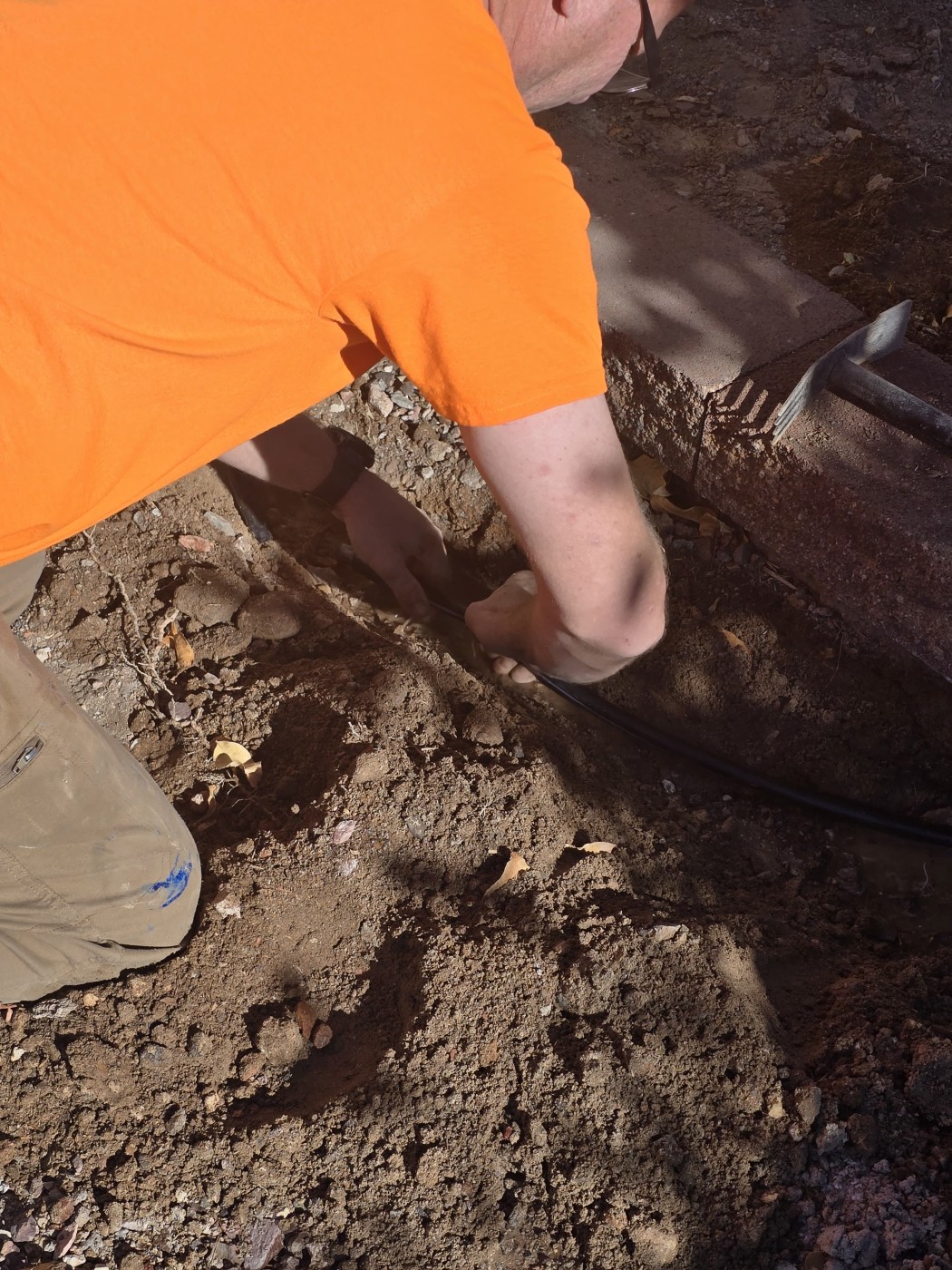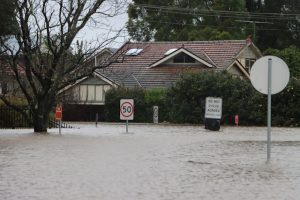
When Michael Whitcher began repairing sprinklers in the late 1980s, irrigation systems were simple machines. Mechanical timers clicked on at set hours, valves opened and closed with little complexity, and most problems could be solved with a wrench and a replacement head. Thirty years later, the work looks very different.
WaterWhitchers Lawn & Sprinkler Repair has grown alongside the technology. Serving Henderson, Las Vegas, and Boulder City, the company has watched irrigation move from manual systems to digital networks controlled by smartphones. This shift has brought both advantages and challenges, and adapting to them has been part of the company’s story.
Smart controllers are now common across Southern Nevada. These devices adjust watering schedules automatically based on weather, rainfall, and evaporation rates. Homeowners can monitor their yards while at work or on vacation, turning zones on or off with a few taps. The convenience is clear, but when something goes wrong the repairs require more than just swapping out a timer.
Whitcher explains that newer systems introduce layers of wiring, sensors, and software that can fail in unexpected ways. “You might have a perfectly good sprinkler head that is not firing because a wire corroded in the box or a controller glitched after a power surge,” he says. Troubleshooting requires experience with both the old equipment still in service and the new technology replacing it.
The company’s technicians often arrive at homes where different generations of equipment coexist. A yard might have smart controllers installed last year connected to valves from the early 2000s and pipes that date back to the original construction. Understanding how these pieces interact is part of the repair process.
Customers are usually surprised at the amount of water efficiency built into modern systems. A properly configured controller can save thousands of gallons each year by aligning watering times with actual conditions. Yet Whitcher points out that no matter how advanced the technology, physical problems remain the same. Pipes crack in the heat, valves stick, and nozzles clog. Experience with the basics still matters.

One customer in Henderson recently upgraded to a Wi Fi controller but called WaterWhitchers when two zones failed to activate. The issue turned out to be old wiring buried in the yard. The technicians repaired the line and reprogrammed the controller, combining new technology with traditional repair. The result was a system that finally worked as intended, saving the homeowner both water and frustration.
Looking ahead, Whitcher expects even more automation in irrigation. Sensors that measure soil moisture and valves that detect leaks in real time are already entering the market. These tools promise further savings, but they also demand skilled technicians who can install, maintain, and explain them to homeowners.
The story of WaterWhitchers reflects the wider story of irrigation in Southern Nevada. What began with wrenches and timers has become a blend of digital tools and traditional know-how. The desert climate has not changed, but the methods of keeping yards green have. For Whitcher, adapting to that change is what has kept the company relevant across three decades.
Learn more at https://waterwhitchers.com
John Davis is a seasoned health journalist with expertise in public health and medical research. Holding a degree in health sciences, John excels in making complex health topics understandable and engaging for his readers. His articles, featured in top health publications, cover everything from cutting-edge treatments to public health policies. Outside of journalism, John is an advocate for health education and frequently speaks at community events.





